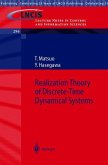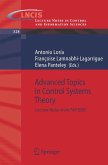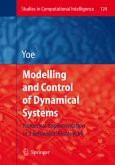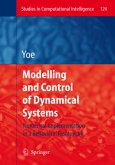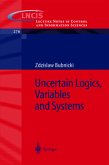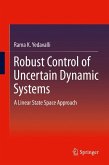This monograph provides a complete description of resilient control theory. It unifies the methods for developing resilient controllers and filters for a class of uncertain dynamical systems and reports recent advances in design methodologies. The book presents an introductory and comprehensive treatment of resilient controller design methods placing great emphasis on the derivation of necessary and sufficient design conditions and on the use of linear matrix inequalities as a convenient computational tool. The book can be used as a graduate-level textbook in control engineering or applied mathematics as well as a reference for practicing engineers, researchers and students.
From the reviews:
"The monograph consisting of 7 chapters, appendix, references, and index deals with the design of non-fragile control and filtering for uncertain delayed dynamic systems. ... The book is an excellent self-contained up-to-date resource of working knowledge in the field. The monograph will be useful as graduate-level textbook in applied mathematics as well as control, electrical, civil, chemical, and mechanical engineering or a reference for researchers, practitioners, and interested readers interested in this challenging research subject." (Lubomír Bakule, Zentralblatt MATH, Vol. 1103 (5), 2007)
"The monograph consisting of 7 chapters, appendix, references, and index deals with the design of non-fragile control and filtering for uncertain delayed dynamic systems. ... The book is an excellent self-contained up-to-date resource of working knowledge in the field. The monograph will be useful as graduate-level textbook in applied mathematics as well as control, electrical, civil, chemical, and mechanical engineering or a reference for researchers, practitioners, and interested readers interested in this challenging research subject." (Lubomír Bakule, Zentralblatt MATH, Vol. 1103 (5), 2007)



